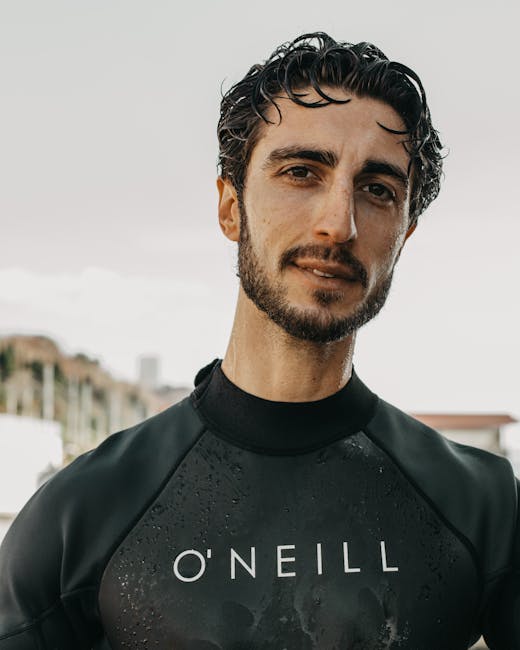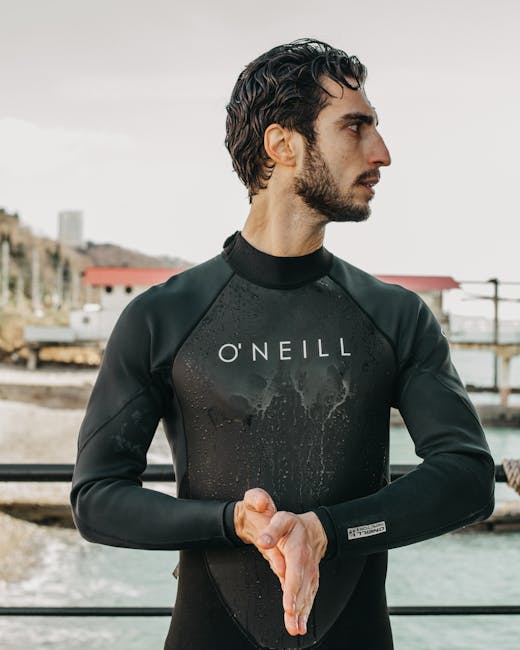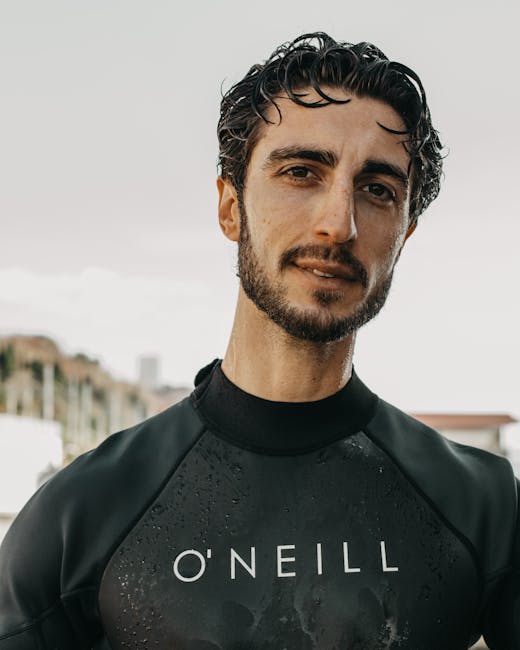The Enigma of Robert O’Neill
Robert O’Neill, a former Navy SEAL, catapulted into the public eye with his claim to have delivered the fatal shot that killed Osama bin Laden during the May 2011 raid on his compound in Abbottabad, Pakistan. His subsequent memoir, The Operator: Firing the Shots That Killed Osama bin Laden, and numerous media appearances have cemented his place in popular culture, yet his story remains deeply controversial and shrouded in a mixture of verifiable facts, unconfirmed claims, and intense debate. This article delves into the life and legacy of Robert O’Neill, separating the man from the myth.
Early Life and Path to the SEALs
Born and raised in Butte, Montana, O’Neill’s upbringing was seemingly unremarkable, far from the glamorous image often associated with elite military units. His path to becoming a Navy SEAL involved years of rigorous training, unwavering dedication, and a profound sense of patriotism. He excelled in the demanding physical and mental challenges of SEAL training, demonstrating the resilience and fortitude required to thrive in high-stakes operations. His early life experiences and personal motivations, while relatively unknown to the public, undoubtedly played a significant role in shaping his military career.

Operational Background and SEAL Team Six
O’Neill’s career within the Naval Special Warfare Development Group (DEVGRU), often referred to as SEAL Team Six, remains largely classified. His operational record, details of which are strictly guarded for national security reasons, speaks to his exceptional skill and proficiency as a special operations warrior. He participated in numerous covert operations spanning various global hotspots, facing extreme danger and carrying out missions of strategic importance to US national interests. While specific details of these missions remain largely confidential, the common narrative depicts him as a highly decorated and effective member of one of the world’s most elite fighting units.
The Bin Laden Raid and Subsequent Controversy
O’Neill’s claim to have killed Osama bin Laden has generated immense controversy. While the US government has never officially confirmed his account, the details he has revealed have largely aligned with publicly available information regarding the raid. However, his decision to publicly claim credit for the shot, and subsequently profit from his memoir and public appearances, has angered many within the military community and intelligence circles. Critics argue that his actions violate the principle of operational secrecy and have jeopardized the safety and security of other special operations personnel. They often point to the potential damage such disclosures could have on future missions and the recruitment and retention of qualified candidates for these elite units.

The Ethical Debate Surrounding Public Disclosure
The ethical implications of O’Neill’s actions continue to fuel the debate surrounding his legacy. Some argue that his disclosures serve as a valuable testament to the courage and skill of the men and women serving in special operations, inspiring future generations of service members. Conversely, others contend that his actions are a betrayal of the code of secrecy inherent in special operations and undermine national security. The ongoing discussion underscores the complexities of balancing public recognition with the need for secrecy in clandestine operations.
The Operator and the Public Persona
O’Neill’s memoir, The Operator, offers a compelling yet contested account of his life and career within the SEALs. The book has provided readers with a glimpse into the intense physical and psychological demands placed on special operations personnel, offering insights into the training, preparation, and operational realities of elite counter-terrorism units. However, the book’s veracity has been questioned by various individuals and groups, leading to a continuing debate on the authenticity of his claims and the overall accuracy of his portrayal of the events leading up to and including the Bin Laden raid.
The Lasting Impact and Legacy of Robert O’Neill
Regardless of the controversies surrounding his public pronouncements, Robert O’Neill’s role in the raid on Osama bin Laden’s compound remains an undeniable part of modern history. His story, whether fully accurate or not, has captured the public imagination and sparked extensive discussion about the nature of heroism, the ethics of military service, and the complexities of national security. His life’s journey serves as a case study in the balancing act between individual recognition and adherence to a deeply ingrained culture of secrecy within elite military units.

Long-Term Implications for Special Operations
O’Neill’s story has undoubtedly impacted the culture of secrecy within special operations communities worldwide. His actions have fueled a larger conversation about the balance between recognizing individual contributions and maintaining operational secrecy, potentially leading to policy changes and internal reviews within various special forces organizations. The long-term implications of his public disclosures remain to be seen, but it is clear that they will shape the way future generations of special operations personnel navigate the public perception of their roles and contributions.
Conclusion: A Complex Legacy
The life and career of Robert O’Neill present a complex and multifaceted narrative. While his claim to have killed Osama bin Laden has cemented his place in popular culture, his actions have also generated considerable controversy and ethical debate. Separating fact from fiction remains a significant challenge, but his story undoubtedly serves as a valuable point of discussion regarding heroism, secrecy, and the enduring complexities of modern warfare and national security.

